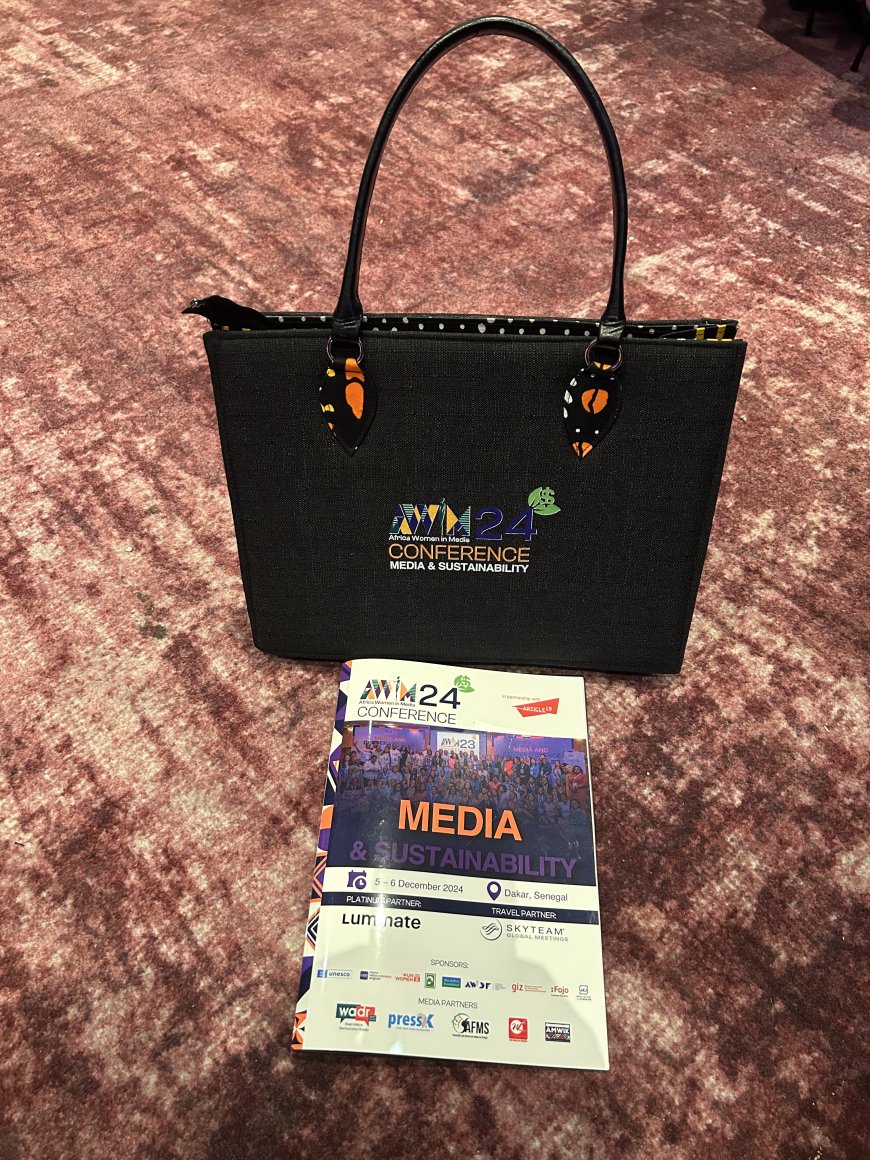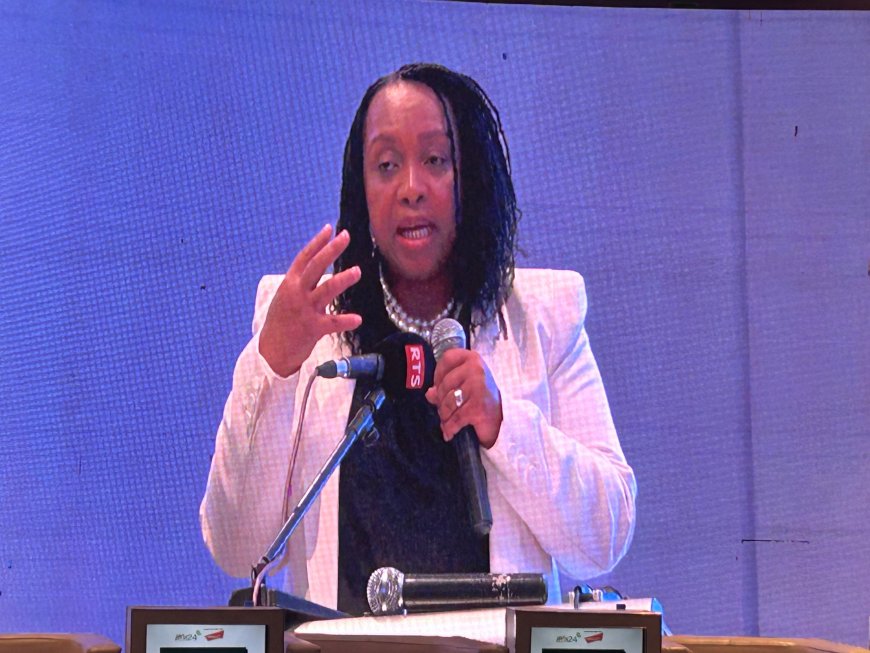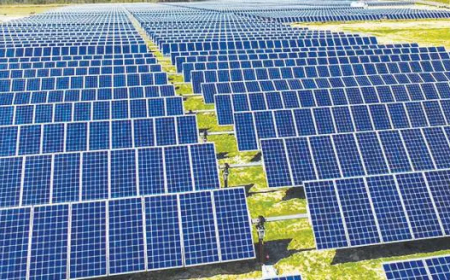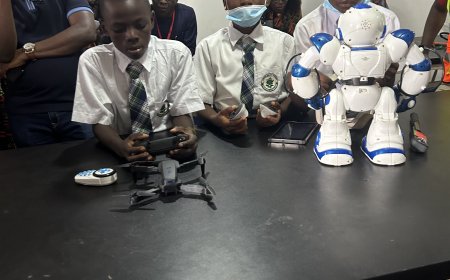Africa’s Media Women Come Together in Senegal to discuss Media and Sustainability
On December 5 and 6, I was in Dakar, Senegal, on behalf of Omalicha 91.1`fm to attend the 8th edition of the African Women in the Media Conference, (AWiM24). It was my second trip to Senegal, though I could not even recall details of my first trip except that it was to attend an event by OSIWA, and my second participation at an AWiM conference. The first was in Kigali, Rwanda in 2023, and both were courtesy of the Media Development Investment Fund, MDIF, and its Nigeria programme – Nigeria Media Innovation Project, NAMIP. Below are some insights from AWIM24.
As the curtain began to descend, and the process of closing the book on the year 2024 kicked off, Africa’s media women were not shut out of the process. They came together from December 5 to 6, in Dakar, Senegal, from all parts of the continent and beyond – Nigeria, Ghana, South Africa, Togo, Egypt, Cameroon, Kenya, Sweden, and the United Kingdom, to deliberate on how to give fillip to the continent’s fledging media business.
Event was the eight edition of the African Women in the Media (AWiM24), Conference, an annual gathering of women from all genres of media practise - print, online and broadcast with participants that included media entrepreneurs, media managers, academics, students, professionals, bloggers, and civil society advocates.
The women had all come together at the seaside Pullman Teranga hotel and over the two days, engaged in “an in-depth reflection, shared learnings and perspectives on different aspects of media sustainability including the economic and financial models of the media, the relationship between the media and the Sustainable Development Goals (SDGs), the evolutions of media ecologies, particularly with regard to artificial intelligence and the media.” This was in line with the overall theme of the Conference – Media and Sustainability.
The AWiM conference is a legacy event. It leverages past conferences to create a chain that lays bare, the challenges of the media in Africa, the role and portrayal of women in the media, and genuine efforts that have continued to be made towards building successful, virile, and free media to drive Africa’s development and democratic processes.
With the above in mind, AWiM24 sub-themes touched on all areas that, when effectively handled, have the potential to make Africa’s media sustainable. Topics discussed were made to align with the overall goal of sustainability of the media and they include: Approaches to media sustainability; Empowering success: Case studies in implementing successful business models; Developing business model and product strategy; Charting a course for media sustainability; Metaverse product and successful journalism; Engaging media as partners and generation equality commitment.
Still on sustainability, during the first session of the main plenary, the MDIF team, which included Oluwadara Ajala, Nolwazi Tusini, Lebogang Maphada and Sebenzile Nkambule took the gathering through the different Approaches to Media Sustainablity. The second session of the main plenary, moderated by Yemisi Akinbobola, was a discussion on Empowering Success: Case Studiess in Implementing Effective Business Models for Media Organisations. I was privileged to be one of the discussants alongside Dorcas Taiwo, Karen Thorne andShirely Nimala Govender.
One of the most important issues of discussion at 2024 edition of the Yemisi Akinbobola and Bamidele Ogunleye-led AWiM is the matter of monetising media businesses. While there are people who believe the media should not be monetised, for it to effectively play its watchdog role, a consensus among conference attendees centred on the survival of the media to enable it to be independent and better positioned to play its watchdog role. So, while news, which is a vehicle of trust for the media cannot, and should not be monetised, media products can be monetised as sources of independent funding for the media. However, in monetising media products, utmost care ought to be taken to avoid conflict of interest situations that have the potential to influence the media in the opposite direction.
AWiM24, like previous editions, provided a continent-wide opportunity for networking for those that participated in it. Such networking are viable vehicles for people from different walks - of life, and different shades of colour to identify areas of agreement and common interest, and as well, how to stay afloat in the challenging economic climate in which Africa has found itself. It reinforced the insight gained at the Media Investment Development Forum (MDIF Forum) in Thailand in 2023 ‘that beyond regular advertising, there are other ways one can keep media organisations in business by exploring opportunities that exists – such as provision of quality content and building a base of audience that provide patronage: exploring niche market opportunities, capitalising on such opportunities, and building alliances.




